Abjad Numerology in Curses and Spells
The Abjad numerals have been used in the practice of numerology and in magical traditions, including the casting of spells and curses. In these practices, each letter of the Arabic alphabet is assigned a numerical value based on its position in the alphabet, and these values are used to calculate the numerical value of words and phrases.
In the practice of magic, words and phrases are often believed to have a certain inherent power, and the numerical value of these words is thought to correspond to their level of power or influence. By calculating the numerical value of a spell or curse and then manipulating that value through various techniques, practitioners of magic believe they can increase the effectiveness of their spells and curses.
For example, the Arabic phrase “bismillah al-rahman al-rahim” (meaning “in the name of Allah, the most gracious, the most merciful”) has a numerical value of 786. In numerology and magical practices, this number is considered to be particularly powerful, and it is often used in the casting of spells and curses.
However, it’s important to note that the use of Abjad numerals in magical practices is not endorsed or condoned by all religious or cultural traditions. In some cases, the use of magic and curses may be viewed as contrary to religious or ethical principles, and the practice may be discouraged or even prohibited.
Overall, the use of Abjad numerals in magic and numerology is just one example of the ways in which language and symbolism have been used to convey meaning and power in various cultures and traditions throughout history. Whether used for religious or secular purposes, these practices are a testament to the enduring power of language and its ability to shape our beliefs and experiences.
Abjad numerology is a system of assigning numerical values to letters in the Arabic alphabet, which is called the Abjad alphabet. In this system, each letter is assigned a numerical value, and these values are used to interpret the meanings of words and phrases.
The Abjad numerology system is based on the first four letters of the Arabic alphabet: alif (ا), baa (ب), jeem (ج), and daal (د), which are equivalent to the letters A, B, J, and D in the English alphabet. Each letter is assigned a numerical value, as follows:
Alif (ا) = 1 Baa (ب) = 2 Jeem (ج) = 3 Daal (د) = 4
The rest of the letters are then assigned numerical values based on their order in the alphabet. For example, the fifth letter, ha (ه), is assigned a value of 5, while the sixth letter, waw (و), is assigned a value of 6.
Using this system, words and phrases can be assigned numerical values by adding up the values of the letters in the word. For example, the word “Allah” (الله) has a numerical value of 66 (1+30+30+5).
Abjad numerology is often used in Islamic mysticism (Sufism) and is believed to hold mystical significance and power. It is used to interpret the meanings of sacred texts, as well as to create talismans and amulets for protection and good fortune.
The system also has rules for assigning values to words and phrases that contain repeating letters or different forms of the same letter. For example, in the word “Allah,” the second letter, lam (ل), is repeated twice. In this case, the value of the letter is doubled, so the total value of the word is 66.
The Abjad numerology system is a complex and intricate system with a rich history and cultural significance. While it is still used in certain religious and mystical practices today, it is important to approach it with respect and understanding of its cultural context.


